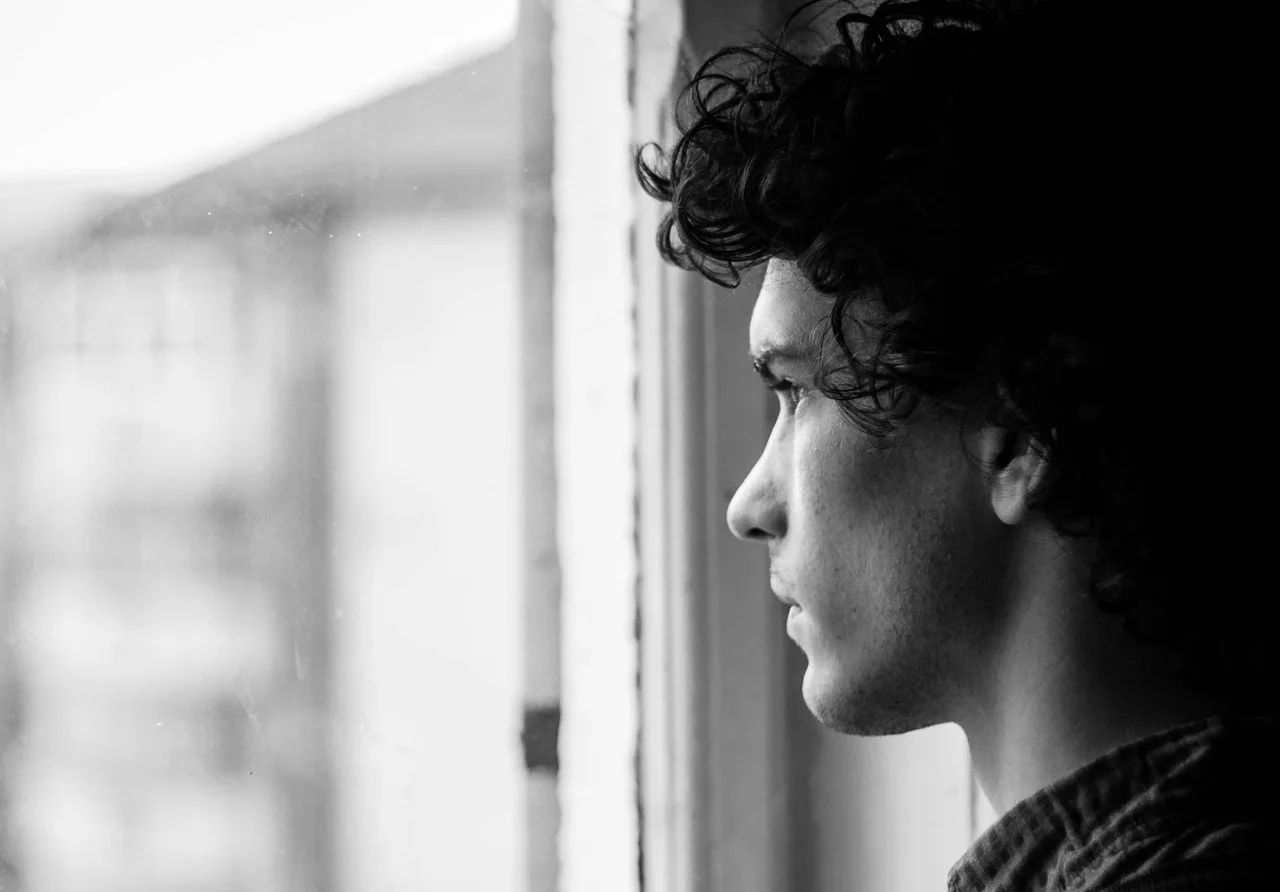Micky was among a large contingent of WWII test pilot for the Army Air Corps needed for various duties at home. They flew freshly completed and repaired aircraft from the factory giving them “shakedown flights” to ensure they were safe for pilots overseas fighting the war. They trained Air Corps cadets to fly, they also developed advanced attack tactics to be used in war because little was known about air power and how it could be effective on the battlefield. Each type and model of aircraft were different, their strengths and weaknesses needed to be exposed and these elite pilots completed that task. They also had one of the most dangerous jobs in the Army Air Corps, they flew aircraft towing targets for cadets and trainees to shoot live rounds at. The cadet pilots and trainee gunners had little to no experience flying their aircraft let alone shooting at a moving target. Less dangerous jobs included flying aircraft to locations throughout the United States for the lend/lease program for our allies to pick up during the war. These pilots were not militarized, they were not allowed to be a part of the militarized Air Corps. They were looked down upon by many higher ups and war pilots because they were civil service employees and not soldiers.
These pilots did not have a glamorous job, but were as important as those fighting the war. They were required to pay their own way to the bases they worked from, including their training sites. When they were killed they were not given the military burial. Their families were responsible for the cost of the burial if they died during their service and fellow pilots were known to take up a collection to have their bodies delivered to their families. Their coffins were not allowed to be draped with the American Flag, although some unofficially were done by family and friends. These pilots were an elite group of flyers that served their country with distinction. They did this duty because they wanted to fly and be a part of the success of the war effort.
Each of these pilots had a license. They were trained to be “Army Pilots”. Their training paralled the training of aviation cadets even though they were not trained for combat roles or to fly in formation. Even though they developed and tested attack angles and tactics, they did receive extensive instructions to maneuver the aircrafts and recover from just about any scenario. These pilots flew every aircraft imaginable even testing rocket propelled aircraft. The only difference between these pilots and other pilots was they were female. Micky was Mildred D. Tuttle-Axton, a female Civil Service pilot during WWII. During WWII over 25,000 women applied to be US pilots and only 1,830 were accepted with 1,074 continued on to be trained as Women’s Air force Service Pilots (WASP). Thirty eight female pilots lost their lives while doing their part for the war effort.
During WWII every American felt the pinch of the war. Everyone knew someone in the war. Every family felt the loss of a family member, friend or acquaintance. During WWII over 16.1 million men served in the armed forces. An estimated 276,000 females preformed non-combat roles with another 74,000 nurses. During the war there were food rations, gas rations, copper drives, steel drives and anything to help the war effort. During this time the industrial complex of the United States was at full capacity, everyone had a part to play including pilots at home. Where there were male test pilots, the women pilots freed men up to fly into battle.
These women were not accepted during WWII. Women did not belong in the military unless they were nurses. Many men scoffed at women joining the Army or doing “men’s jobs”. It appeared our society was not ready for women to serve, but necessity prevailed and women finally became a part of the American WWII military war machine. Women have always joined the fight, many dressed as men during the US Civil war to serve their country, but to many men the military was no place for a woman. With the history of women being successful in the military it is hard to see why women in “battle” is such a controversial topic, they have always been there. Even with the backing of men such as General Eisenhower, Fleet Admiral Nimitz, and Air Corps General “Hap” Arnold backing the female WWII pilots our society still struggles with this to this day. Things are changing, a study in 2011 showed females represent 14% of the active duty force and 20% of new recruits. They also represent 5.5% of the veteran population.
It was not until November of 1977 that these female pilots were given veterans status. In May of 1979 the US Air Force issued its first honorable discharges for WASP pilots serving during WWII. The female Soldiers, Sailors, Airmen, Coast Guard, and Marines that serve today owe a great deal of admiration and respect of their foremothers. They were the original SHEROS that served our country with honor. As one WWII WASP stated, the aircraft does not notice the sex of the pilot, it notices good and bad pilots. I bet a rifle feels the same way, it knows a good shot from a bad one!
For questions or comments, I can be reached at afterdutyvets@gmail.com or visit our website at marriedtoptsdpro.com and like us on Facebook at Married to PTSD Pro.








